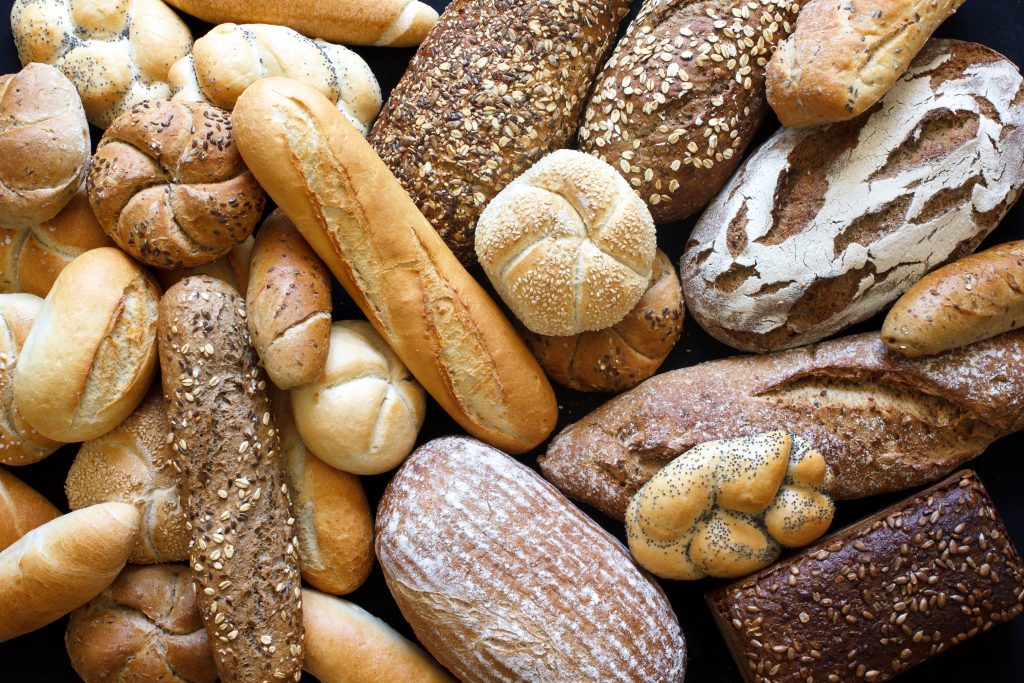Food industry fails to drop the salt – evaluation of self-regulation in Australia

Researchers from The George Institute for Global Health analysed data from the Foodswitch database to assess if there were any changes in salt content between 2013 and 2017 in over 4,500 products from 16 Australian food manufacturers. The study found no clear evidence of reductions in salt levels overall, including 10 member companies of The […]
Action needed to improve salt use behaviour and fruit and vegetable consumption across seven low- and- middle income countries

A recent study conducted by McKenzie BL et al published in Nutrition Journal, assessed salt use behaviour, fruit and vegetable consumption and the type of oil and fat used in cooking, and the association of these behaviours with cardiovascular disease risk factors, across seven low- and middle-income countries. From the sample of 24,332 adults […]
Salt levels in meat alternatives – Australia

On the 10th of September, the Victorian Salt Reduction Partnership released a report written by The George Institute for Global Health on the salt content of meat alternatives in Australia. The research revealed some meat free products contain up to half a day’s worth of salt in one serve. Meat-free bacon, falafels and meat-free sausages […]
Scaling-up food policy interventions to reduce NCDs in the Pacific Islands

In August this year, National Health and Medical Research Council (NHMRC) grants were officially awarded through the Global Alliance of Chronic Disease (GACD) funding round, focused on scaling up interventions to reduce the burden of diabetes and hypertension. The George Institute was awarded funding in partnership with Fiji National University, Deakin University and the University […]
Use of ‘low-salt’ bread as part of a reduced salt diet important in reducing blood pressure – Ireland

Bread is a major contributor to salt intake in Ireland. Cashman K et al recently published a study in Nutrients investigating the consumption of ‘low-salt’ bread, and its influence on blood pressure. Ninety seven adults participated in a five week cross-over study, which included salt intake estimated from 24-hr urine collections. They found that salt […]
An evaluation of the sodium content and compliance with sodium reduction targets in Costa Rica

Vega-Solano et al described the sodium levels in packaged foods and assessed the compliance of packaged foods in Costa Rica with national targets from 2015 to 2018. Costa Rica have sodium reduction targets for 6 food categories: Condiments, cookies and biscuits, bread products, processed meats, bakery products, and sauces. They found that there was a […]
Changing Sodium Knowledge, Attitudes and Intended Behaviours Using Web-Based Dietary Assessment Tools – Canada

Jefferson K et al investigated the use of novel web-based tools to provide tailored feedback regarding sodium knowledge, attitudes and behaviours. 199 individuals took part in the single arm pre- and post- test study, testing the use of the Sodium Calculator and the Sodium Calculator Plus. Sodium related knowledge increased after use of both calculators, […]
Sodium intake from foods exceeds recommended limits in the Spanish population: The ANIBES Study

Published in Nutrients, Partearroyo et al described the contribution of foods to sodium consumption in the Spanish population from three-day food records. Sodium intake from food was estimated to be 2025mg per day, or 5.06g salt, excluding discretionary salt. The main dietary sources were meat products (27%) and cereal and grain products (26%), followed by […]
Estimating mean population salt intake in Fiji and Samoa using spot urine samples

Santos JA et al estimated mean population salt intake in Fiji and Samoa using spot urine samples compared with measured salt intake from 24 hour urine samples in a sample of 414 and 725 participants from Fiji and Samoa respectively. They found that the INTERSALT equation with potassium produced the closest salt intake estimates in […]
To legislate or not to legislate? The need for legislative policies in food reformulation

During this year’s International Society of Behavioral Nutrition and Physical Activity conference a symposium was conducted on the use of legislation to aid reformulation and create healthier food environments. A/Prof Jacqui Webster chaired the symposium which included three presentations, the first by Clare Farrand from The George Institute (TGI) on a rapid review of sugar […]